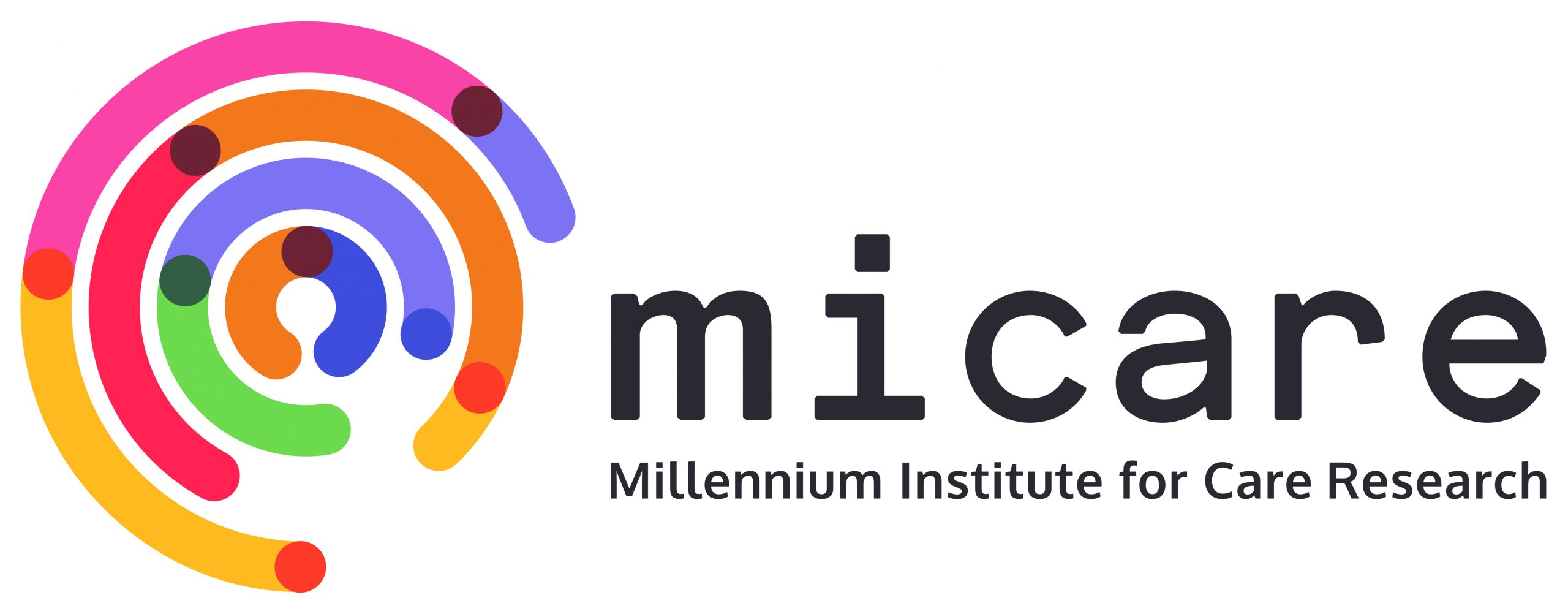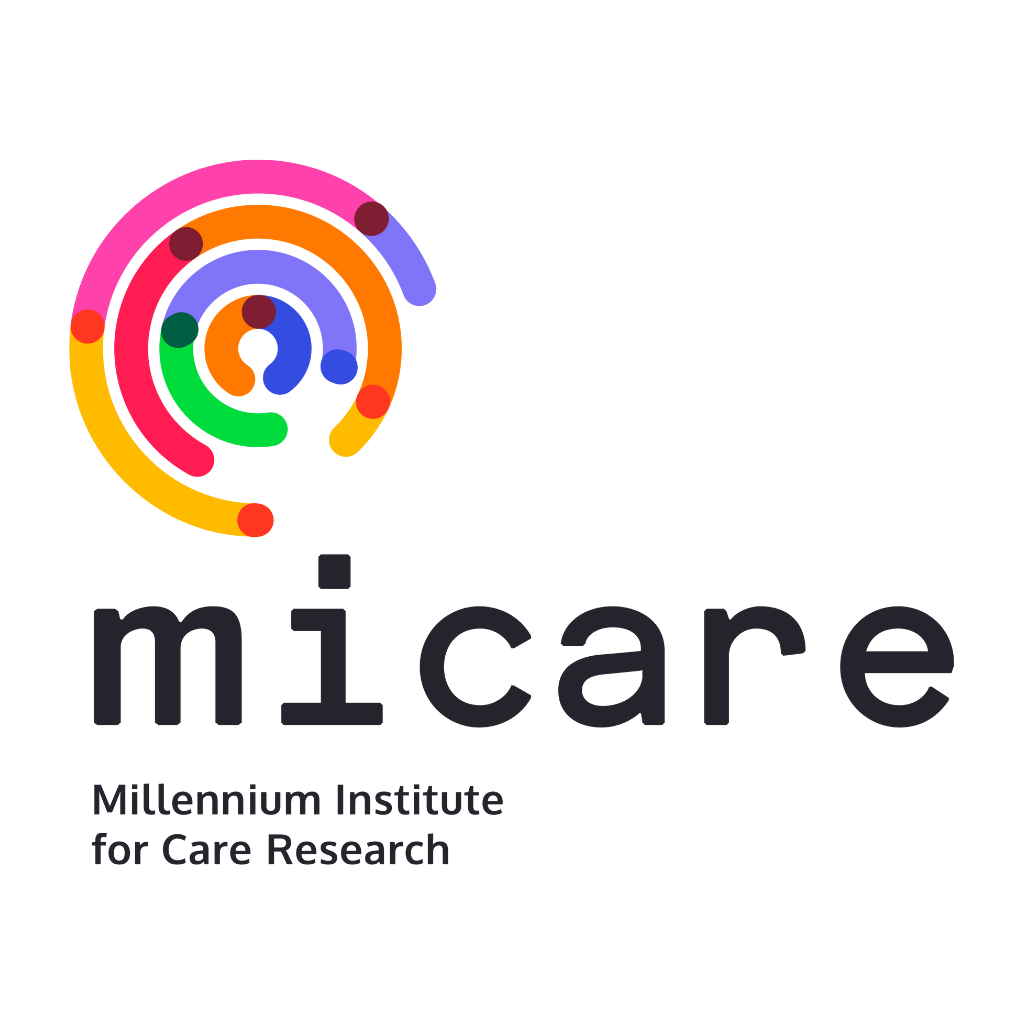We highlight some excerpts from the interview published by Andrés Bello University in which our director, Claudia Miranda, tells how her personal experiences have accompanied her on the path of caregiving research.
Adapted by Gabriela Campillo. Read the full interview written by UNAB’s Eliette Angel, here.
Claudia Miranda began her journey as a caregiving researcher just over 20 years ago, after witnessing her grandmother’s deteriorating health and her aunts’ work as caregivers. But her horizons would broaden in 2014 when her second son was born with a condition called achondroplasia, commonly known as dwarfism.
After a necessary operation due to his condition, her son suffered complications that resulted in right facial paralysis, deafness, and neurological damage, which led to intellectual disability. The psychologist herself became what motivated her research: a caregiver, while her young son opened up a world that she needed to understand and, above all, to which she wanted to contribute through research.

The origin
While studying for her master’s degree in clinical psychology at the Pontificia Universidad Católica de Chile around the year 2000, Claudia Miranda’s paternal grandmother showed increasing signs of Parkinson’s, the second most common neurodegenerative disease in elderly people after Alzheimer’s.
Over the years, 80% of Parkinson’s patients also develop dementia, that is, they progressively begin to lose their cognitive functions. This is what happened to Dr Miranda’s grandmother.
One of her grandmother’s daughters, who worked at the same time, took good care of her mother. Before long, Dr Miranda discovered that her aunt’s case was the norm. According to the CASEN 2017 survey, care in Chile is associated with women (80%) with a degree of kinship with the person they care for (70%). Moreover, in most cases, they are not paid (even when some have to leave their jobs), so they are considered informal carers.

“”My aunt was really good at it, but no one helped her, or guided her in her caregiving and her own self-care”.
Claudia Miranda, MICARE director.
So the family decided to take her grandmother to live with another daughter in Copiapó, who could take care of her full time because she was a housewife. This is how Claudia Miranda’s first line of research arose: to study the psychosocial well-being of caregivers and elderly people with dementia.
24/7 carers
Until six years ago when she herself became a caregiver for her youngest son, the researcher’s work had focused on the 20% of dependent elderly people and their caregivers. “A caregiver with privileges, because I can work, unlike most people,” she says. In her case, her son receives home therapy, attends regular medical check-ups, and is enrolled in a special school.
“It’s difficult to get organized with all the chores, but in the case of most informal caregivers, it’s also difficult to perform this function 24/7 to the detriment of their social relationships and self-care”.
Claudia Miranda, MICARE director.
The birth of MICARE
In 2019, Claudia Miranda arrived at the UNAB and at the end of that year, the ANID’s Millennium Science Initiative launched a call for proposals to create two new institutes in the social sciences. The application for the Millennium Institute for Caregiving Research, MICARE (with a focus on dependent elderly people and people with intellectual and developmental disabilities) was submitted by Claudia Miranda and her team in the summer of 2020.
In September they were called to present to an international panel of experts, and two months later they received word of the approval. “I was thrilled, I kissed my son over and over again! This institute would’ve never been created if it hadn’t been for him. Everything I have lived through from personal experience, my entire history, is embodied in this project”, says Dr Miranda from her home.





